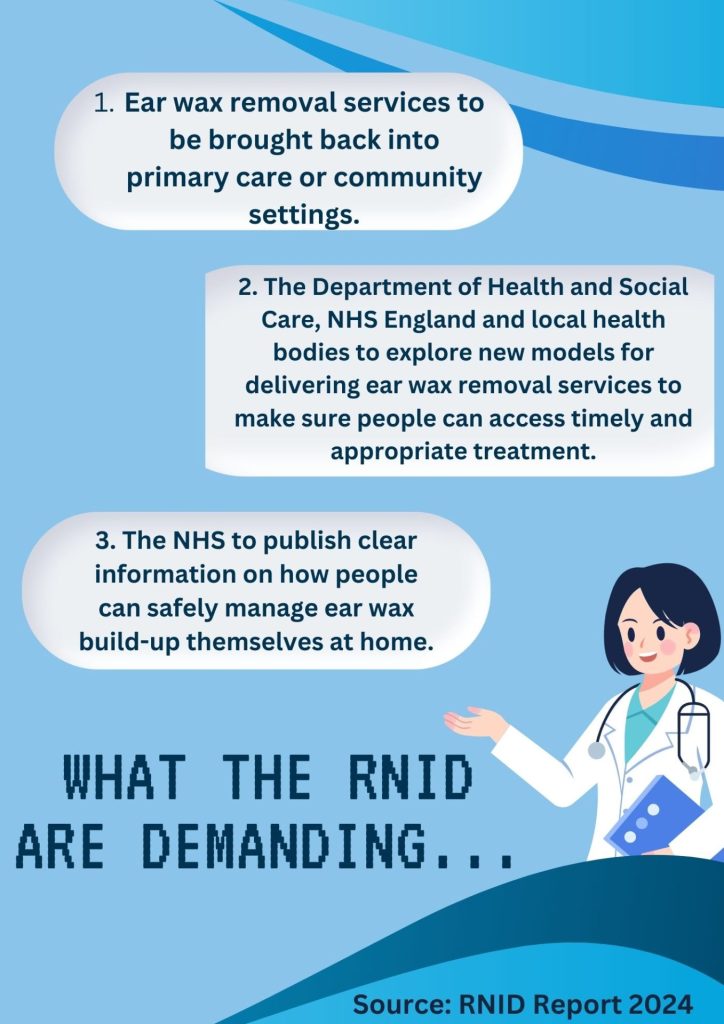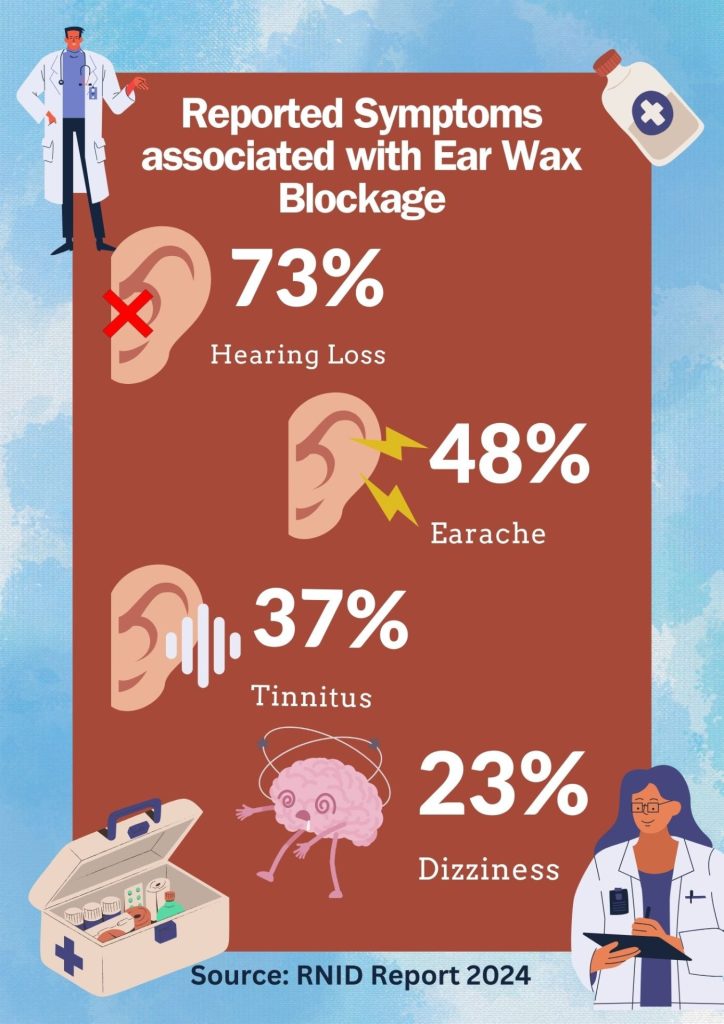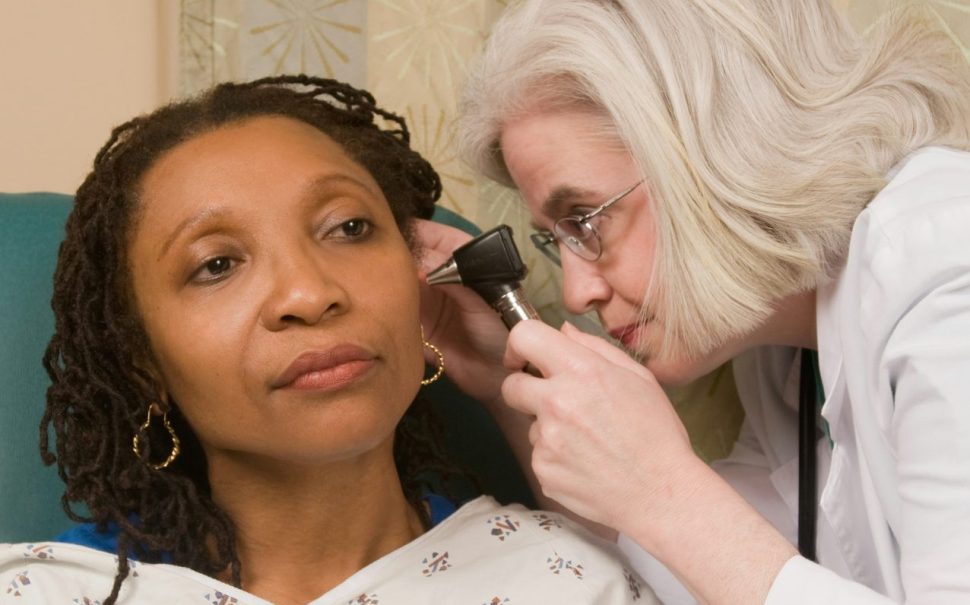West London clinics are the worst places for ear-wax removal, a newly published report shows, with many patients suffering with hearing loss from inadequate care.
The Integrated Care Boards (ICB) within North West London and South West London were revealed as two of seven areas in England which do not commission ear wax removal services on the NHS at all.
This makes them some of the worst places for people with ear wax build up, who are unable to access support without paying privately.
RNID, the national charity which supports people who are deaf, have hearing loss or tinnitus, has called for an urgent government review to ensure everyone who needs wax removal can access it on the NHS and the call is backed by the UK’s leading audiology professional bodies.
Victoria Boelman, Director of Insight and Policy at RNID, said: “It’s absolutely wrong that people in England who need ear wax removal to be able to hear and take part in everyday life are being left to face painful and debilitating symptoms, forced to fork out for private treatment, or risk dangerous self-removal methods.
“There is no medical reason for the withdrawal of this vital service, which is essential for 2.3 million people in the UK.”

The National Institute of Health and Care Excellence (NICE) is a body that provides national best practice guidance and advice to improve health and social care.
It states that GP surgeries or community clinics should offer to remove ear wax, if build-up is contributing to someone’s hearing loss or causing other symptoms, or needs to be removed in order to examine the ear or take an impression of the ear canal.
An estimated 2.3 million people in the UK require professional ear wax removal every year.
Older people, hearing aid users and people with learning disabilities are more likely to be at risk, and many people need professional removal multiple times a year – which if forced to go privately, can become very expensive.
Private ear wax cleaning can cost a pretty penny as it can set patients back between £50-£80 every time there is a build-up of debris in their ears.
Many GP practices are now advising self-management as the first line treatment for ear wax build-up.
A quarter of respondents reported a healthcare professional had instructed them to manage their ear wax themselves.
The NHS website advises using 2-3 drops of medical grade olive oil, 3-4 times a day for three to five days.
The vast majority of respondents (85%) within the report, were advised to use ear drops, however half reported not being given sufficient advice on how to use them.
Some patients were only told to follow the instructions on the label, given vague advice such as to use drops daily, or were given no advice at all.
More concerningly so, around 10% reported being told to use a bulb syringe, a device that was widely used before but has been deemed as unsafe and ineffective by NICE.
These outdated and vague guidance and advice has led to severe implications for many where 71% of respondents resorted to attempting to remove ear wax themselves, although two thirds did not feel confident doing this.

Of the symptoms that were reported, these issues impacted not only the patients’ hearing aids and scheduling audiology appointments but also the mental health of patients who were unable to get treated professionally by doctors.
For Susan, 73, from North West London, hearing aid is no longer sufficient due to her experiencing hearing loss from ear-wax buildup, but her GP won’t refer her to an audiologist for a new hearing aid until she has her ear wax removed, which isn’t available at her surgery.
Susan said: “The GP won’t refer me as they say the (ear-wax removal service) isn’t available and my only option is to go private, which I can’t afford as I need three to four treatments a year and my pension won’t stretch that far.”
Susan’s increasing deafness means she now avoids social situations for fear of confusion and embarrassment.
In the midst of the cost of living crisis many, like Susan, may may face financial difficulties in all other aspects of day to day living, and now it is increasingly apparent that having to pay for private ear-wax removal services for many Londoners is another financial burden to worry about.
The NHS and the Department of Health have been reached out to for comment.





